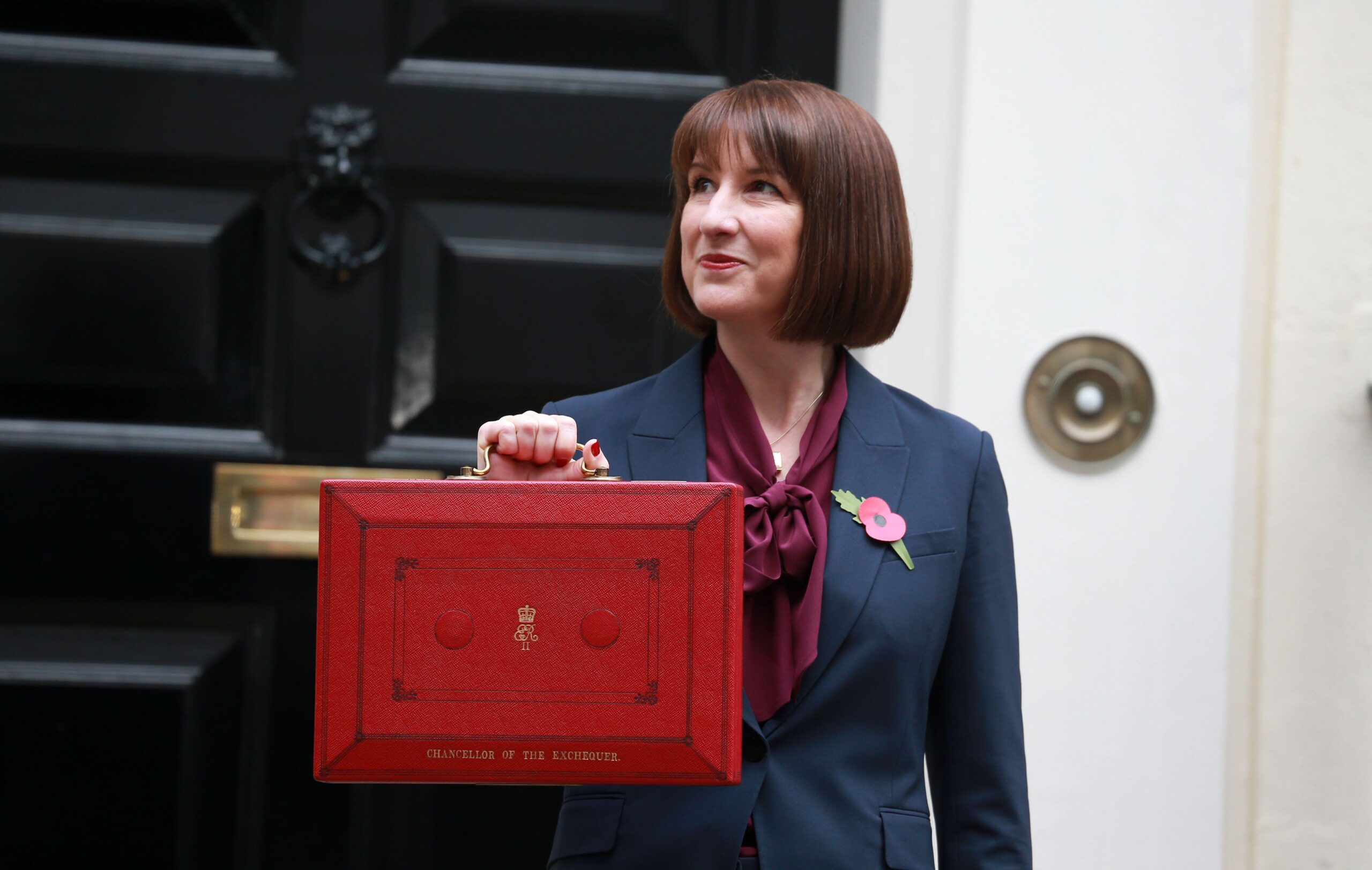Reeves’ Budget Shows Labour’s Backbenchers Are Calling the Shots
Next May’s elections could further strengthen the hand of rebellious MPs.
by Ash Sarkar
28 November 2025

As some observers (*cough, cough*) predicted, Rachel Reeves’ ominous doom-gurning about breaking Labour’s manifesto pledge not to put up income tax turned out to be something of a feint.
But is the 2025 budget an example of “bread and butter social democracy”? Or is it, as per YouGov, the one voters think is the least fair budget of the past 15 years, bar Liz Truss’s kamikaze efforts?
There’s a package of tax increases on the way: a council tax surcharge on properties worth £2m or more, an expansion of the sugar tax to cover milkshakes and premade coffees, a hike in gambling duties and a mileage-based charge for electric vehicles to compensate for declining Treasury revenues from fuel duty. All in all, there’s new taxes to the tune of £26bn.
After much groaning and moaning about the fiscal black hole, the Office for Budget Responsibility (OBR) popped up with some good news for Reeves. In four years, the government will have nearly £21.7bn in fiscal headroom (the scope for extra spending or tax cuts while still meeting its budget rules). Alas, the OBR giveth with one hand, and taketh with another.
Even this sum “remains a small margin compared to the uncertainties around our economic forecast”. What’s more, the fiscal Nostradamus reduced its outlook for economic growth, predicting an average rate of 1.5% over the five-year period, 0.3 percentage points below its March estimate.
The revision reflects slower productivity growth, which the OBR linked to earlier underperformance caused by excellent political ideas like Brexit.
So, is it fair? Well yes, no, and maybe. The headline-grabbing move to scrap the two-child benefit limit will raise hundreds of thousands of children out of poverty, and create much needed breathing room for the 60% of parents receiving the benefit who are, in fact, in work.
While Reeves has so far been coy on what she’s going to do with her bumper tax revenue and fiscal headroom, the government has been clear that increased spending for education and the NHS is a priority.
The manifesto pledge not to increase income tax, VAT, or national insurance remains intact, but the autumn budget (or Auty B, as nobody’s calling it) does include the particularly sneaky measure of freezing income tax thresholds.
That means more people get dragged into the higher bands of tax as they get pay increases, without accounting for higher living costs. This is estimated to bring in £8bn for the Treasury in 2029-30. And there’s a cloud hanging over living standards growth: it’s forecast to fall from 3% in 2024-25 to a meagre 0.25%.
But of course this is politics, and the real winners and losers aren’t voters, workers, or consumers, but Westminster parties. The Labour backbenches have their fingerprints all over the chancellor’s budget – it was just last year that MPs were having the whip suspended for rebelling on the two-child benefit cap, and now scrapping it is government policy.
What other concessions might they be able to force in the months and years to come? Next May’s local elections, should they go horribly for Labour, may well strengthen the parliamentary Labour party’s hand over the government even further.
Ash Sarkar is a contributing editor at Novara Media.


